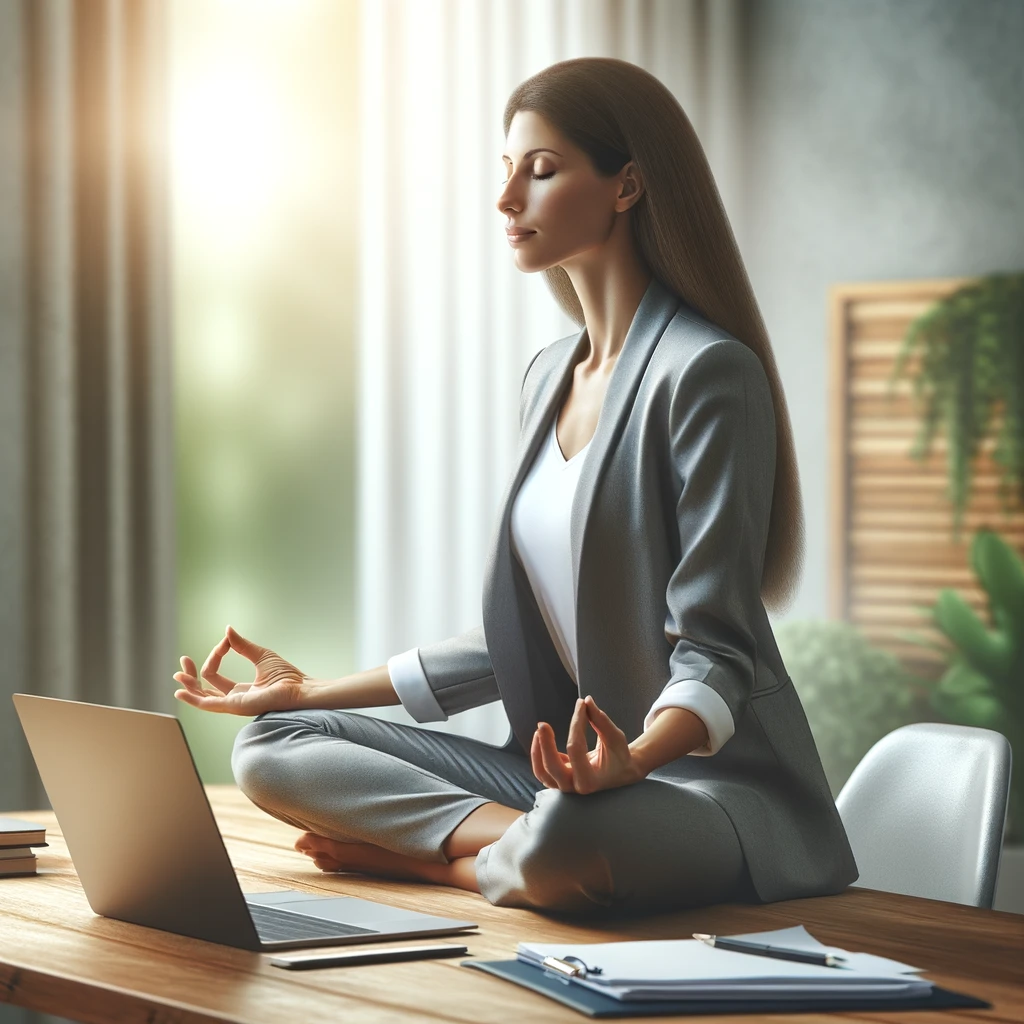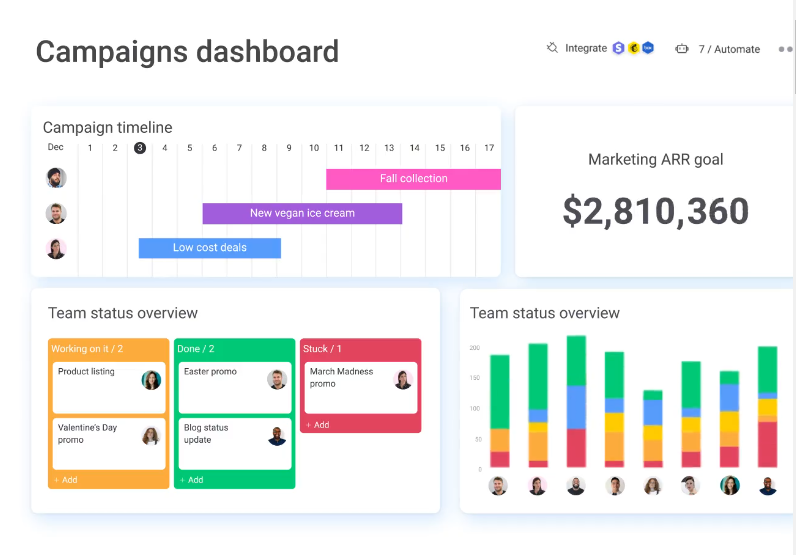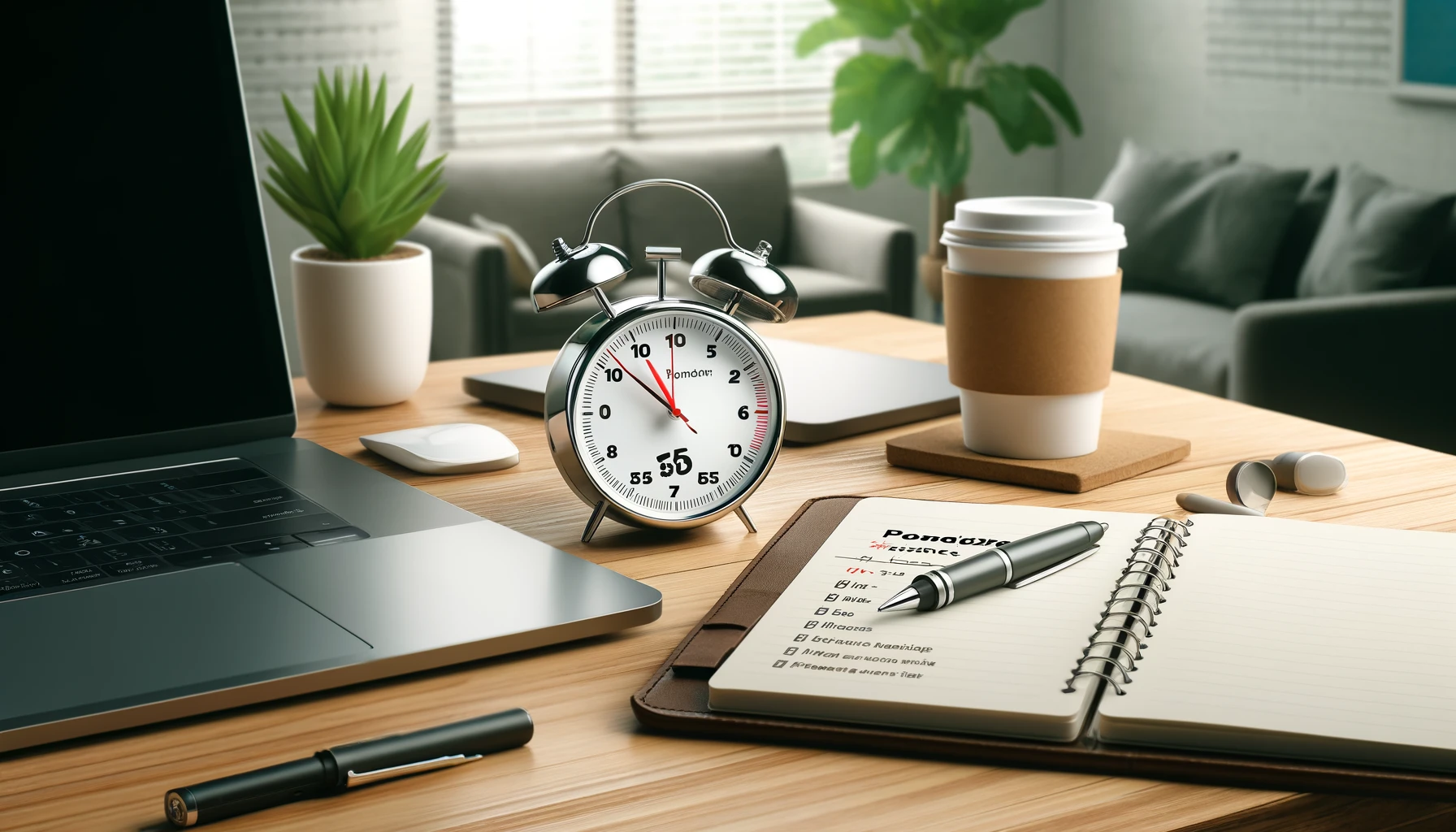How Practicing Relaxation Activities Can Improve Your Work Performance
In today’s fast-paced work environment, the pressure to constantly perform can be overwhelming. However, incorporating relaxation activities into your daily routine can significantly enhance your work performance. Here’s how practicing relaxation can improve various aspects of your professional life.
Improved Productivity
Relaxation helps clear the mind and allows for better focus and efficiency when returning to tasks. Taking breaks and engaging in mindfulness activities can recharge your mental energy, helping you maintain high productivity levels throughout the day. When you return to work after a period of relaxation, you are more likely to tackle tasks with renewed vigor and concentration.
Enhanced Creativity
Activities such as walking or taking short naps have been shown to stimulate creative thinking. Walking, for instance, engages the brain in a light focus that encourages mind-wandering, leading to innovative solutions and ideas. Napping, particularly short naps of around 20 minutes, can restore mental alertness and enhance cognitive functions, which are crucial for creative problem-solving. See a step-by-step guide to being more creative.
Reduced Stress
Regular relaxation reduces stress levels, which is essential for maintaining both mental and physical health. Techniques such as deep breathing, meditation, and mindful breaks can lower anxiety and improve overall mood, creating a more positive and productive work environment. By managing stress effectively, you can prevent burnout and maintain a steady, efficient workflow.
Better Physical Health
Chronic stress can lead to various health issues, including cardiovascular problems and weakened immunity. Relaxation practices help mitigate these risks by reducing stress hormones and promoting better physical health. Activities like desk yoga stretches can relieve physical tension from prolonged sitting, improving posture and reducing the risk of musculoskeletal problems.

Practical Relaxation Techniques
- Mindfulness Meditation: Focus on the present moment to reduce stress and improve concentration. Simple exercises like paying attention to your breath or performing a body scan can be done at your desk or during breaks.
- Desk Yoga Stretches: Light stretching can alleviate physical tension from prolonged sitting. Poses such as the cat-cow stretch and wrist stretches are easy to perform at your desk and help alleviate stress.
- Walking: Short walks, especially outdoors, can boost creativity and provide a mental break from work tasks. The light physical activity increases blood flow to the brain, enhancing cognitive functions.
- Napping: Short naps of around 20 minutes can restore mental alertness and reduce fatigue. This is particularly beneficial for those engaged in demanding cognitive tasks, as it allows the brain to recharge.
- Regular Breaks: Implementing techniques like the Pomodoro Technique, where you work for a set period (e.g., 25 minutes) followed by a short break, can help maintain focus and prevent burnout.
- Mindful Listening and Check-Ins: Engaging in mindful listening during conversations with colleagues or taking time to check in with yourself can enhance emotional well-being and improve interpersonal relationships at work.
By integrating these relaxation activities into your daily routine, you can enhance your performance, creativity, and overall well-being, leading to a more productive and enjoyable work experience.



